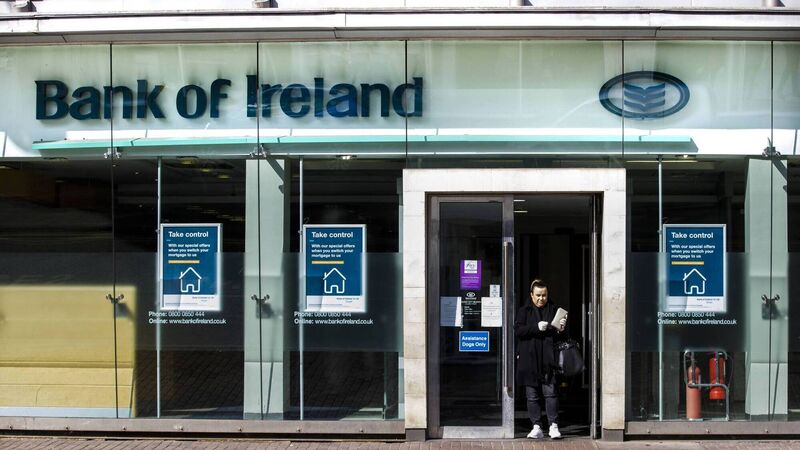Fri, 05 Mar, 2021 - 12:00
Bank of Ireland’s closure of 103 branches is another example of how unprepared we are for the enormous change being wrought by technology.
Much as we might dislike banks, they are commercial ventures, and it is necessary for them to make profits to survive. In the current environment of gross oversupply and sub-zero interest rates, making profit is becoming ever more difficult.
Already a subscriber? Sign in
You have reached your article limit.
Subscribe to access all of the Irish Examiner.
Annual €130 €80
Best value
Monthly €12€6 / month
Introductory offers for new customers. Annual billed once for first year. Renews at €130. Monthly initial discount (first 3 months) billed monthly, then €12 a month. Ts&Cs apply.












